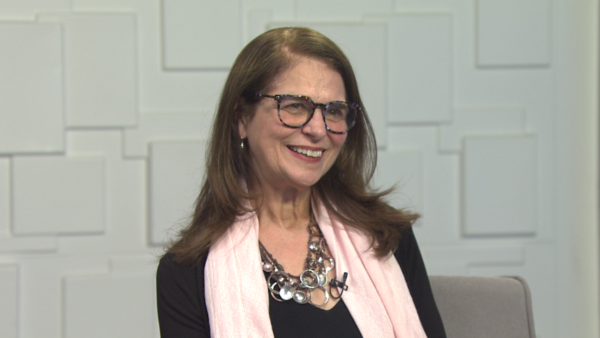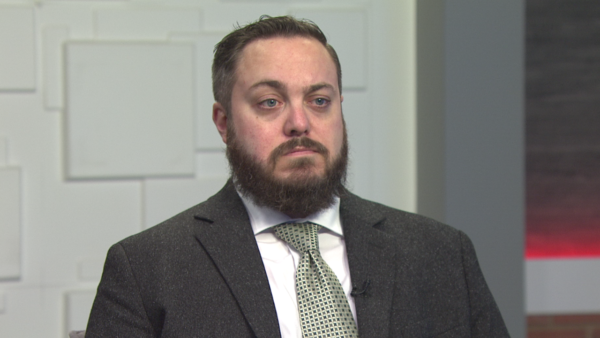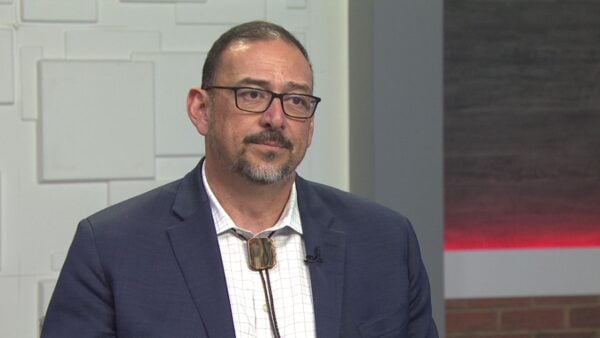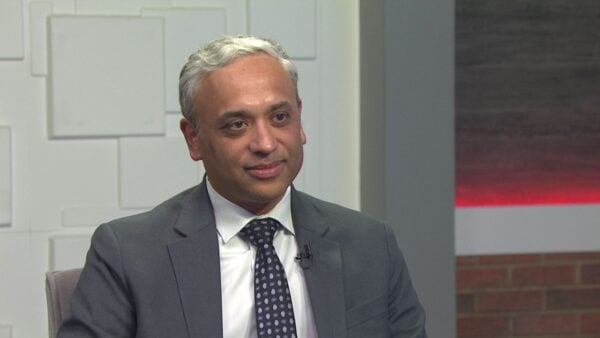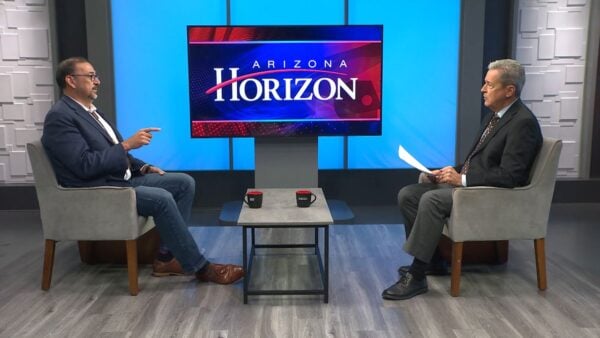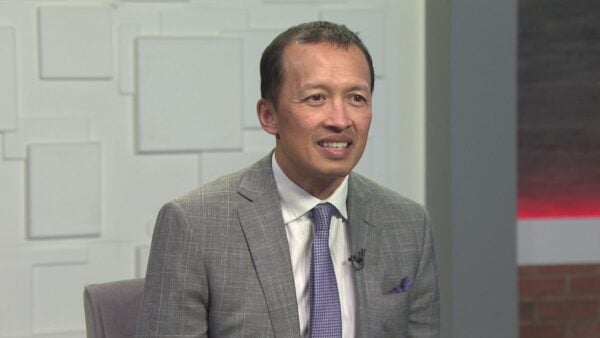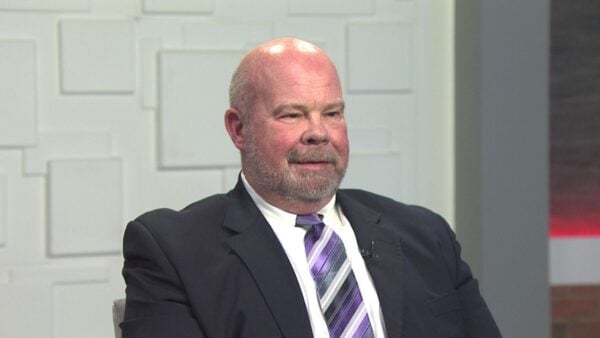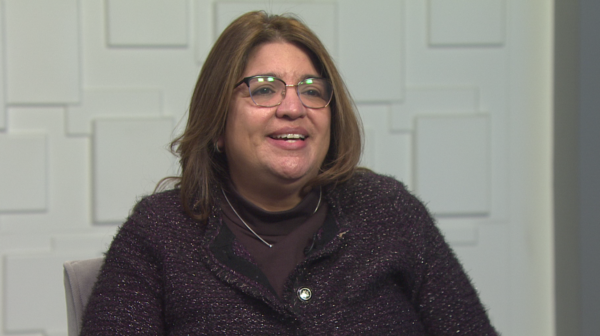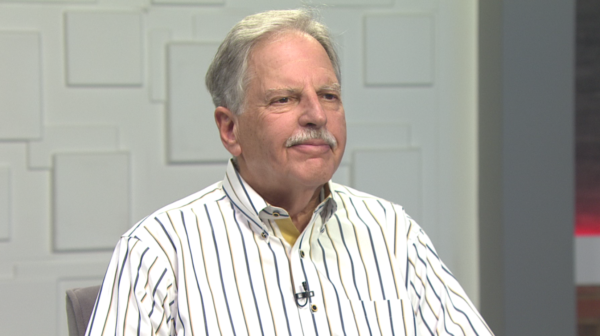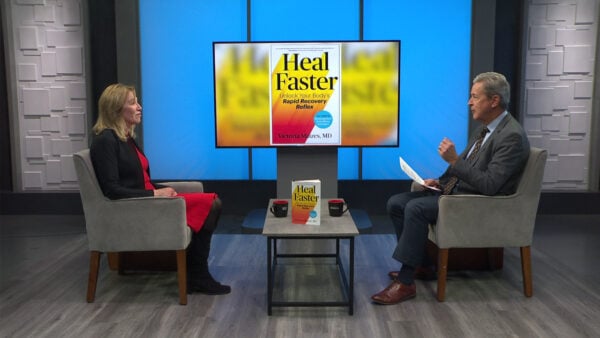Maricopa County Probation Office celebrates 50th anniversary
April 6, 2022
The Maricopa County Adult Probation Department is celebrating its 50th anniversary. We spoke with Michael Cimino, the Chief Adult Probation Officer for the Maricopa County Adult Probation Department, about the evolution of the departments specialty programs and efforts to successfully and completely rehabilitate people.
Cimino calls the Probation Department “one of the most effective tools to enhance public safety.”
“It’s efficient, it’s effective and we do that by trying to change someone’s behavior that brought them into the system, as well as by reinforcing the 4th largest trial court in the country,” Cimino said.
Contrary to their image as typical law enforcement officers, Cimino says that Probation Department workers are often closer in function to social workers.
“They certainly have traditional law enforcement functions, effect arrest, conduct searches, but the primary way they reduce crime is changing behaviors and there’s certainly social work element to that in how that deal with someone, how they interact with someone, draw them out, and get to the root cause of criminal behavior at it’s genesis.”
Cimino raised the example of a woman with a history of trauma and alcoholism who is faced with law enforcement. “If we focus on simply getting her sober, but don’t deal with the underlying trauma and resource that through counseling and all of that, sobriety could almost put her at risk.”
According to Cimino, this is an ideal strategy based on both research and practice.
“We’re certainly a fraction of the cost of incarcerating someone if you just look at the daily rate. It’s certainly efficient, but it’s also effective.”
In Arizona, 80% of people on probation leave probation successfully without re-offending.
“Just in Maricopa county, we have an active population of 25,000 people on probation. If 80% of them avoid a prison sentence, deal with the root causes that brought them into the system, and permanently exit not only is that person effected but the families around them the people around them, and perhaps most importantly future victims of crimes who never become victims of crime because this person changed their ways,” Cimino said.








